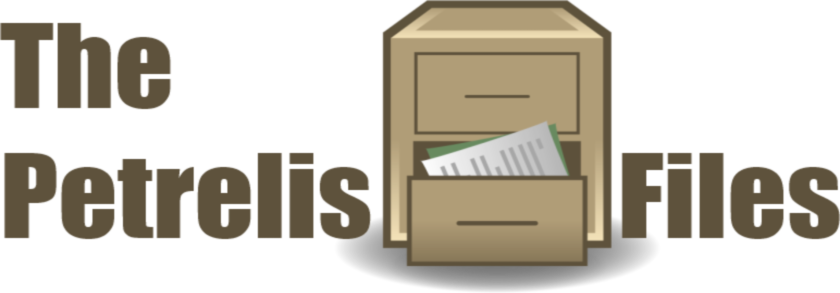January 30, 2005
Dr. Mitch Katz
Director
Mitch.Katz@sfdph.org
Department of Public Health
101 Grove Street
San Francisco, CA 94102
Dear Dr. Katz:
The San Francisco Department of Public Health released its 2004 annual AIDS epidemiological report on January 28 and the document shows the city experienced a 47% drop from 2003 of full-blown AIDS diagnoses, which is good news.
The latest report shows 245 AIDS cases were recorded last year. The last time this number was so low was back in 1983, more than twenty years ago as the epidemic was just starting, when 275 diagnoses were reported.
Deaths due to the diseases associated with AIDS are also down again, but the percentage is not as great as the falling number of cases. AIDS-related deaths in 2004 dropped just 15% from the previous year.
In 2004, 182 AIDS-related deaths occurred. The last time the city saw such a relatively small number of AIDS deaths was back in 1983. A total of 112 death were documented that year.
The newest AIDS report documenting drops in diagnoses and deaths comes on the heels of the health department reporting a continuing level number of new HIV infections in San Francisco. As you know, the most current annual HIV report and the monthly sexually transmitted disease report for the city clearly show HIV infections are either stable or slightly declining. (Sources: http://www.dph.sf.ca.us/PHP/RptsHIVAIDS/annl2003Master-finalweb.pdf, Page 11, and http://www.dph.sf.ca.us/Reports/STD/STDMONTH.pdf, Table 3.)
However, I am concerned that you and your department have issued no press releases or detailed explanations about the new AIDS report and the continuing dramatic drops.
Here are several questions I hope you will answer for me:
- Has the number of cases dropped because more HIV positive people are taking drug cocktails, preventing them from contracting opportunistic infections and progressing on to full-blown AIDS?
- Are there simply less people contracting HIV and not developing AIDS?
- Since the health department has said for more than a year now that the HIV infection rate in the city is flat to declining, is the plateau of new HIV transmissions because of government-funded prevention messages and programs?
- What role, if any, does the fact that so many people with AIDS and HIV in San Francisco are on the drug cocktails, with undetectable or very low HIV viral loads, play in the new infection rate stabilizing?
- Is the human immunodeficiency virus slowly burning itself out?
- Is a combination of factors causing the stable HIV infection rate, declining number of new full-blown AIDS cases and AIDS-related deaths?
- What are you planning to do to keep HIV transmissions level, along with maintaining falling AIDS diagnoses and associated deaths?
Frankly, as a gay man who buried friends from this epidemic before AIDS was even called GRID, Gay Related Immune Deficiency, it gives me great hope the epidemic in San Francisco is under control and declining, as represented in the figures below from your new AIDS report.
San Francisco AIDS Cases:
1980
3
1981
26
1982
99
1983
275
1984
666
1985
860
1986
1236
1987
1630
1988
1762
1989
2159
1990
2046
1991
2280
1992
2327
1993
2081
1994
1789
1995
1561
1996
1079
1997
808
1998
685
1999
579
2000
546
2001
496
2002
463
2003
466
2004
245
--
San Francisco AIDS-Related Deaths:
1980
0
1981
8
1982
32
1983
112
1984
272
1985
531
1986
807
1987
877
1988
1036
1989
1272
1990
1362
1991
1496
1992
1633
1993
1584
1994
1584
1995
1475
1996
982
1997
413
1998
396
1999
353
2000
340
2001
318
2002
241
2003
216
2004
182
(Sources: http://www.dph.sf.ca.us/PHP/RptsHIVAIDS/qrtrpt122004.pdf, Tables 5 and 9.)
Finally, if the health department plans to release more information about the drops in new HIV infections, full-blown AIDS diagnoses and related deaths, I would appreciate it if the information were posted on your web site.
A prompt written reply is respectfully requested and appreciated.
Sincerely,
Michael Petrelis
MPetrelis@aol.com
San Francisco, CA
Cc:
Mr. Jimmy Loyce, Director, DPH AIDS Office
Jimmy.Loyce@sfdph.org

No comments:
Post a Comment